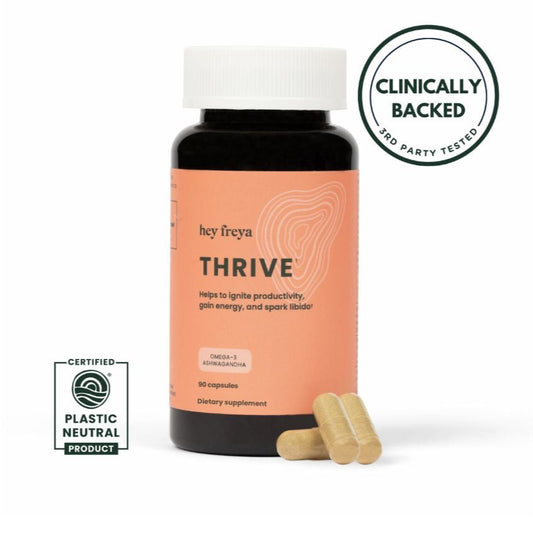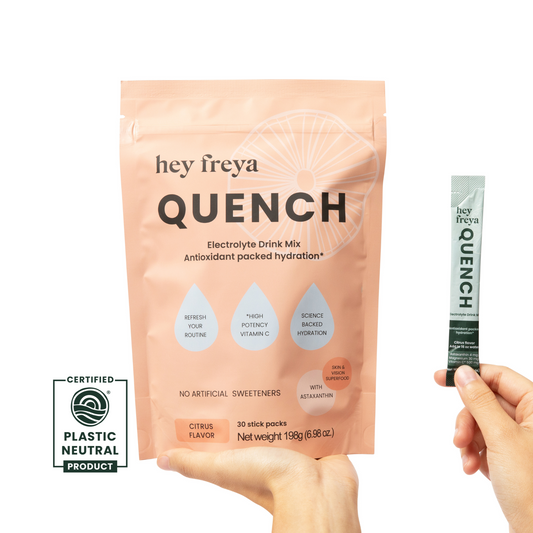Immigration is not integration
When I think about being AAPI in North America, to me, it’s an oversimplification of how it feels to grow up as part of the Indian diaspora with an identity that isn’t reflected in the country around me. I grew up as a first-generation North American in a small, homogenous, Irish Catholic town disconnected from the place my parents came from, Southern India. All I had from India were stories and breadcrumbs of a culture that my family brought with them. My own culture was whatever pieces my family chose to keep, neither wholly Indian nor “Western.”Living between worlds led to a lot of confusion for me. For example, my 18-year-old self begrudgingly spent a month in India with my family with no appreciation or curiosity only to travel a few months later to Ireland to learn more about “my roots” (since my Irish Catholic hometown had me convinced I might actually be Irish). In my search for identity and belonging, I couldn’t see that I was lost somewhere in between.
My family was one of the first families with brown skin in my town. We looked differently from others, we spoke differently, and my parents had to courageously raise kids with a sense of their family history within a dominant, surrounding culture in which they personally had no foothold. We were all navigating a completely new experience together, even if I couldn’t see it as a kid.
As a teen, I often thought that because I was less attached to my Indian-ness, I knew more about Western culture than my parents. I couldn’t see that my immigrant parents were actually navigating two separate paths – they were trying to guide a first-gen teenager in a Western culture unfamiliar to them while also enduring typical teen complaints that would be dished out regardless of where we called home.
On these wobbly paths, we found our way together, we straddled two cultures, and we brought a little bit of both everywhere we went.
A common thread of rebellion
When I’d go to India as a teenager, my hair would be short, which wasn’t the norm. I was a feminist, I had a North American accent, and I questioned everything. I didn’t fit into the boxes that Indians had for women – or me. Both in India and in North America, I felt like a rebel.My rebellion made me feel different than my parents, but time and reflection have revealed that my parents were rebels themselves.
My mother was rebellious in the way she witnessed and supported me in finding my own path inside an otherwise oppressive culture. This may sound like a small step in Western cultures, but in Indian cultures, paths to success are structured and rarely strayed from. She stood up for my rebellious choices. She understood where she came from and that for me to benefit from the opportunity in front of me, she would have to stand up for my choices if judgments came our way. I barely felt judgment because she quietly and kindly shielded me. Every chance my mother got, she advocated for me to do what I wanted, to feel independent, to find community, and to feel loved.
My father was a rebel in a different way. He was raised in both colonized and independent India to understand that education meant freedom. His family built the first school in his village that welcomed girls as equals. He himself studied and taught physics: the basics of how the universe operates. To him, you learned so that you could be in service. Your education was not just for you, it was to make the world better and to do the right thing. He silently modeled that you sometimes have to go against the grain for the greater good.
Together my parents taught me a quiet, strategic rebellion to serve the greater good, whether they intended to or not.
Where rebellion led me
In early adulthood, my rebellion led me to take a gap year, which is NOT a common path in education-focused South Asian families. I was halfway through my Nutrition and Biochemistry degree when I picked up and left for Costa Rica to volunteer with a group focused on social and environmental reform. This gap year profoundly reshaped my views on the study of health.When I returned to North America to complete my degree, it was across the continent now embedded in an environmental and agriculture department. I could no longer separate people from the planet, and, if I was going to claim knowledge, I was firm that it had to align with my values. A few years after graduating and working in the community as a nutritionist, I pursued a Master's degree in Environmental Education to extend my knowledge of health directly into the environments that surround and teach us.
Alongside this, I always had an interest in being a physician – it was a vocation that just felt right to me. So I returned to school yet again to discover a passion. And, while being a physician might feel like the typical South Asian career, it was never pushed on me by my parents. They instead allowed me to discover myself more freely than I think most first-gen children have the opportunity to do.
Entrepreneurship as a salve
Years after completing my final degree and as I practiced medicine, I started noticing that women of color and people in transition were seeking me out because there were so few naturopaths who either weren't white or compassionate towards a non-cis-gendered experience. I worked with people who were searching for someone who would understand them and see and hear them because they didn't feel that way with other doctors.I saw the cracks in the system firsthand. I saw how women are dismissed and gaslit, and how they were showing up to me as a last resort, after thousands of dollars and weeks, months, and years spent trying to figure out what’s going on with their bodies and minds. They were too often left without information or choices – and for women of color, it was and continues to be even worse. I started to understand my calling and felt the energy of rebellion bubbling up again. After a decade as a physician, I set out to democratize access to healthcare through technology, and today, create hey freya.
For me, hey freya exists not just for evidence-backed naturopathic medicine but for our marginalized voices to be seen and heard. It’s in my blood to break down systems that do not work and build something new and better, perhaps like my father building the first co-ed school in his village or, more likely, perhaps much like my mother was quietly, kindly, and determinedly the first woman to break the patterns of the generations before her.
AAPI Identities and America
I have felt moments where I needed to conform or incredibly ‘othered,’ but I rarely felt that from my family – I felt that from America. In my adolescence, I began to realize that questioning things was my superpower. It allowed me to figure out why things were the way they were, and being somewhat of an outsider gave me a fresh perspective to do so clearly. I carry that with me today and see it as part of the beauty of being AAPI – even though that means something so different to all of us.I look at how differently my and Cecilia’s identities resonate with others, and I know that “AAPI” is such a loaded, monolithic term for a beautiful, diverse set of people. But I also understand the common threads. I see it in our work and in our drive. So much of what has bonded us as founders and friends is our deep conviction to do what’s right and to back that up with evidence, science, hard work, and compassion. I am excited every day to embrace this uniqueness and create what women have longed for and deserve.
What shapes us are the challenges, the rebellion, the curiosity, and the ‘otherness’ that led us to our communities.
I hope this month you’ll take time to reflect on what AAPI means to you, or for those around you. And what having a community like hey freya’s means, as well as what you have always wanted to do that goes against the grain. Fire up your inner rebel and let's keep the conversation going on Instagram or wherever it feels right to you.





